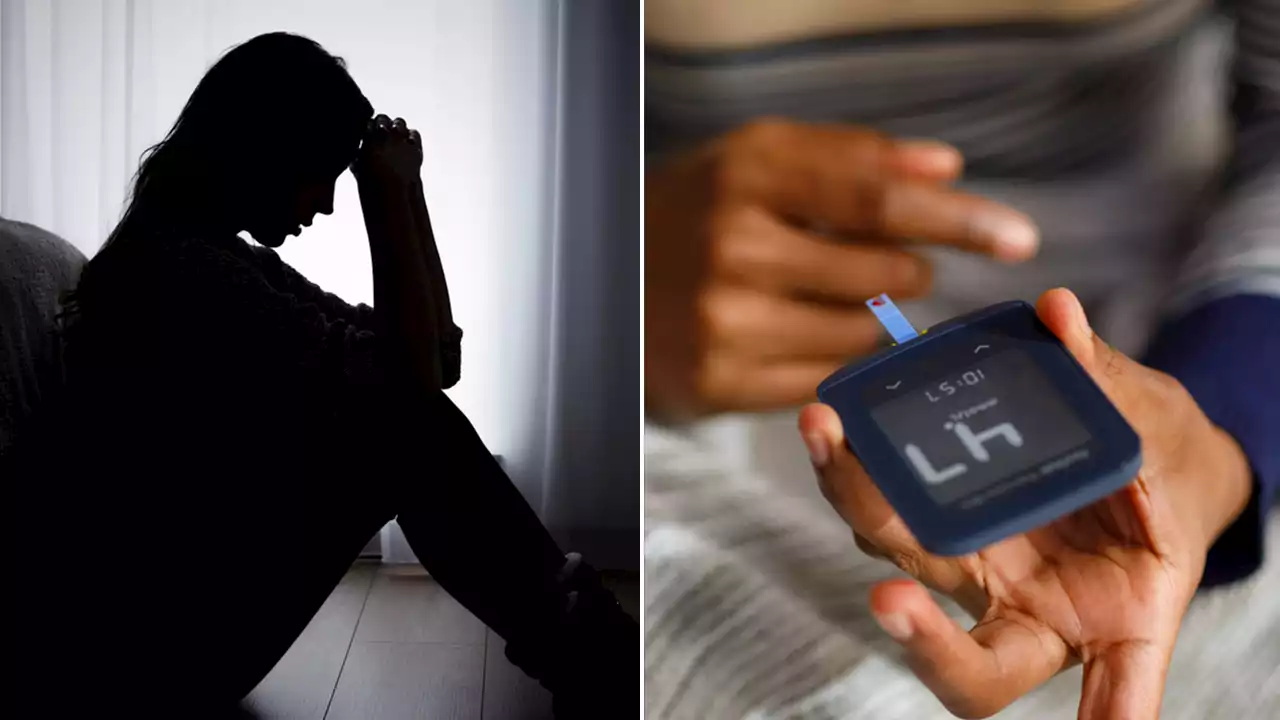Harnessing the power of explainable AI, researchers have unveiled the first insights into the complex workings of deep-brain stimulation therapy for treatment-resistant depression. A team of leading clinicians, engineers, and neuroscientists has made a groundbreaking discovery in the field of tre
Researchers have identified a biomarker in brain activity reflecting recovery in patients with treatment-resistant depression using deep brain stimulation and AI, promising more personalized treatment approaches.
DBS involves implanting thin electrodes in a specific brain area to deliver small electrical pulses, similar to a pacemaker. Although DBS has been approved and used for movement disorders such as Parkinson’s disease for many years, it remains experimental for depression. This study is a crucial step toward using objective data collected directly from the brain via the DBS device to inform clinicians about the patient’s response to treatment.
Helen S. Mayberg, MD, co-senior author of the study, led the first experimental trial of subcallosal cingulate cortex DBS for treatment-resistant depression patients in 2003, demonstrating that it could have clinical benefit. In 2019, she and the Emory team reported the technique had a sustained and robust antidepressant effect with ongoing treatment over many years for previously treatment-resistant patients.
Österreich Neuesten Nachrichten, Österreich Schlagzeilen
Similar News:Sie können auch ähnliche Nachrichten wie diese lesen, die wir aus anderen Nachrichtenquellen gesammelt haben.
 10 Signs Your Company Is Resistant to ChangeIn their new book, Move Fast and Fix Things, Frances Frei and Anne Morriss outline five strategies to help leaders tackle their hardest problems and quickly make change. The first step is to identify the real problem you need to solve. Often that’s not clear to everyone – because people have developed a number of effective ways to tolerate the problem instead of fix it.
10 Signs Your Company Is Resistant to ChangeIn their new book, Move Fast and Fix Things, Frances Frei and Anne Morriss outline five strategies to help leaders tackle their hardest problems and quickly make change. The first step is to identify the real problem you need to solve. Often that’s not clear to everyone – because people have developed a number of effective ways to tolerate the problem instead of fix it.
Weiterlesen »
 Depression identified as 'contributing cause' of type 2 diabetes risk, says new study: 'Important' findingsNew research reveals that people with a history of depression are at a higher risk of developing type 2 diabetes. Emergency medicine physician Dr. Joe Whittington weighed in on the findings.
Depression identified as 'contributing cause' of type 2 diabetes risk, says new study: 'Important' findingsNew research reveals that people with a history of depression are at a higher risk of developing type 2 diabetes. Emergency medicine physician Dr. Joe Whittington weighed in on the findings.
Weiterlesen »
 $10,000 bill from Great Depression era sells for $480,000 at auctionA rare $10,000 bill dating back to the Great Depression has sold for $480,000 at auction.
$10,000 bill from Great Depression era sells for $480,000 at auctionA rare $10,000 bill dating back to the Great Depression has sold for $480,000 at auction.
Weiterlesen »
 Council Member Natasha Harper-Madison Taking 60-Day Medical Leave for DepressionDistrict 1 staff will continue to run the office
Council Member Natasha Harper-Madison Taking 60-Day Medical Leave for DepressionDistrict 1 staff will continue to run the office
Weiterlesen »
 Ultra-processed foods, artificial sweeteners tied to depressionThose who consume ultra-processed foods were more likely to have diabetes, hypertension, and dyslipidemia.
Ultra-processed foods, artificial sweeteners tied to depressionThose who consume ultra-processed foods were more likely to have diabetes, hypertension, and dyslipidemia.
Weiterlesen »
